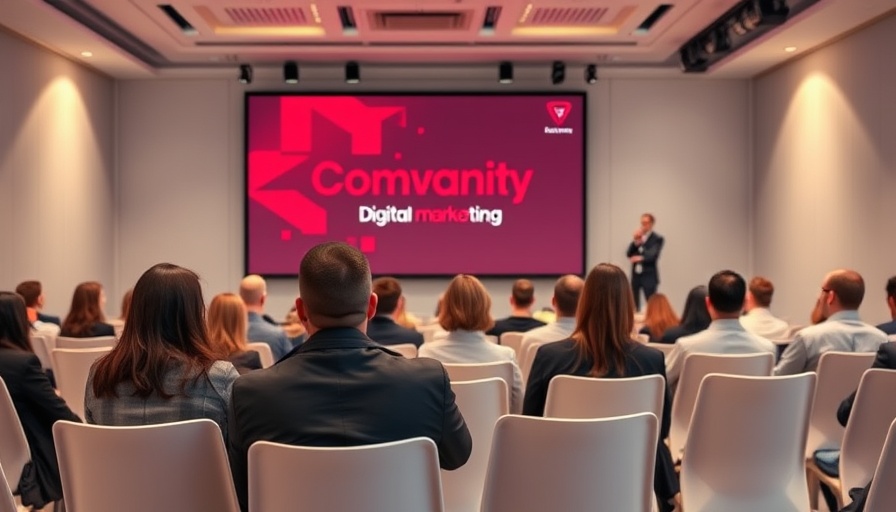
The Shift to Zero-Click Experiences
As artificial intelligence transforms user interactions on the internet, the concept of zero-click searches is reshaping the landscape for content creators and advertisers alike. Instead of users clicking through to websites, they are receiving the information they seek directly within search results, effectively bypassing traditional web traffic methods. This shift is not just a trend; it’s a fundamental change in how consumers access information, prompting publishers to rethink their monetization strategies.
Rethinking Revenue in a New Era
This zero-click reality presents a unique challenge for publishers who have relied on generating traffic to their websites for revenue. For instance, Scott Sidler, publisher of Austin Historical, notes a staggering drop in his revenue—from $7,000 to just $1,500 a month. As AI engines summarize content and present it without sending users to websites, the motivation for many publishers to create new material diminishes. In response, publishers must explore innovative models beyond clicks, aiming to deliver embedded relevance and loyalty through direct engagement instead.
The Importance of First-Party Data
Pioneering strategies must lean heavily on cultivating first-party audiences, as highlighted by Newsweek's use of Reddit to promote community engagement. By identifying the right forums for their content, Newsweek is focusing on conversation rather than merely driving clicks. This approach nurtures reader loyalty and encourages direct visits to their site, showing how essential it is in an evolving media landscape.
Ad Tech’s Role in Evolution
The call for ad tech companies is clear: they must quickly innovate to support publishers. As Scott Messer from Messer Media states, established norms in programmatic advertising need re-evaluation and overhaul to fit a new world. The landscape is ripe for the emergence of tailored solutions, paving the way for innovative ad placements that work seamlessly with AI functions to continue to connect publishers with audiences effectively. If the industry can collaborate, it may lead to a new paradigm where AI assists rather than replaces content creators.
Future Predictions: Adapting for Success
Publishers must not only adapt but also anticipate the next waves of change brought about by AI developments. This might mean creating distinctive, high-quality content catered to specific niches or rethinking current advertising strategies to integrate more effectively with AI technologies. The road ahead may be tumultuous, but with the right adaptations, publishers can harness the benefits of AI-powered experiences rather than merely weathering the storm.
 Add Row
Add Row  Add
Add 




Write A Comment